Estate Planning for Blended Families: Navigating The Complexities
The definition of family has broadened significantly, with blended families becoming increasingly common. These families, consisting of spouses, their children from previous relationships, and any children they might have together face unique challenges—especially regarding estate planning. Proper estate planning is crucial to prevent disputes and ensure that all family members are treated fairly and according to the estate holder's wishes.
The Unique Challenges of Blended Families
Blended families often face complex dynamics that can complicate estate planning. Issues such as previous marital agreements, children from prior relationships, and varying financial situations can create potential conflicts. Without a clear estate plan, there's a risk that certain family members may feel overlooked or unfairly treated, leading to disputes that can strain family relationships.
Key Components of an Effective Estate Plan
For those navigating estate planning within a blended family, several key components should be considered:
- Wills: A will is essential. It specifies how assets should be distributed and can help ensure that no family member is unintentionally disinherited. It's important to address any promises made to children from previous relationships.
- Trusts: Trusts can offer a flexible way to manage assets. For example, a bypass trust can ensure that the surviving spouse is cared for during their lifetime, with remaining assets then passed to children from a previous marriage.
- Guardianship: It’s vital to make guardianship arrangements for any minor children, particularly if they are from a previous relationship and their other biological parent is not the chosen guardian.
- Life Insurance: Life insurance can provide specifically designated funds for certain family members or help cover estate taxes, thus not depleting other assets intended for different parts of the family.
- Retirement Accounts and Beneficiaries: Updating beneficiary designations on retirement accounts is crucial, as these assets typically pass outside of a will and can be a significant source of contention if not carefully allocated.
Legal Considerations
Neglecting estate planning in a blended family can have serious legal ramifications. Without a clear directive through legal documents, state laws will determine how assets are divided, often not reflecting the deceased’s wishes or the family's needs. Engaging with an attorney skilled in blended family estate planning is essential to navigate these waters smoothly.
Tips for Open Family Communication
Open communication is perhaps the most critical component in estate planning within blended families. Here are a few tips:
- Hold Family Meetings: Regularly discuss estate plans with the entire family present. This can help manage expectations and reduce misunderstandings.
- Be Transparent: Honesty and transparency about what each family member should expect can prevent feelings of resentment.
- Encourage Questions: Allow family members to express their concerns and ask questions to ensure they feel heard and valued.
Conclusion
Estate planning in blended families is about distributing assets and caring for loved ones after you're gone. It’s also about ensuring that all family members are provided for in a way that supports your overall family dynamics and respects your relationships.
Don’t wait until it’s too late. If you’re part of a blended family, consider speaking to an estate planning attorney to create a plan that affirms your wishes and protects your family’s future. For more information or to start your estate planning,
contact us today.













